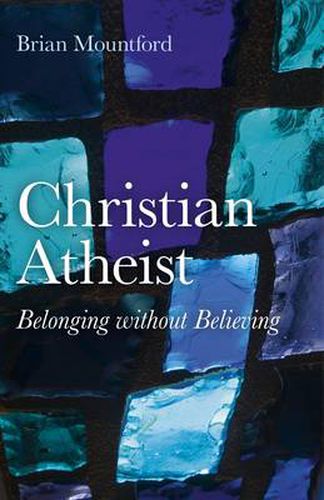Readings Newsletter
Become a Readings Member to make your shopping experience even easier.
Sign in or sign up for free!
You’re not far away from qualifying for FREE standard shipping within Australia
You’ve qualified for FREE standard shipping within Australia
The cart is loading…






The key to the book is a set of interviews with people who fall broadly into the Christian Atheist category; some are more agnostic and less sceptical than others, but what they have in common is the rejection of traditional belief in God, counterbalanced by an admiration for the aesthetic genius of Christianity (leading to a sense of deeper value), the Christian moral compass, and in some cases the community aspect of Christian life. As one of his interviewees points out, you can?t have Christian atheism without mainstream, traditional Christianity, so Brian Mountford sets their comments within a broader discussion of the issues: God, aesthetics, orthodoxy, doubt and belief, ethics and communal values. His purpose is threefold: to validate and affirm the Christian atheist position within the broad spectrum of Christianity to say to the Church, you ignore this phenomenon at your peril to show that the distinction between atheist and religious adherent is rarely black and white, and that the ground between the two is a fertile source of meaning and value
$9.00 standard shipping within Australia
FREE standard shipping within Australia for orders over $100.00
Express & International shipping calculated at checkout
The key to the book is a set of interviews with people who fall broadly into the Christian Atheist category; some are more agnostic and less sceptical than others, but what they have in common is the rejection of traditional belief in God, counterbalanced by an admiration for the aesthetic genius of Christianity (leading to a sense of deeper value), the Christian moral compass, and in some cases the community aspect of Christian life. As one of his interviewees points out, you can?t have Christian atheism without mainstream, traditional Christianity, so Brian Mountford sets their comments within a broader discussion of the issues: God, aesthetics, orthodoxy, doubt and belief, ethics and communal values. His purpose is threefold: to validate and affirm the Christian atheist position within the broad spectrum of Christianity to say to the Church, you ignore this phenomenon at your peril to show that the distinction between atheist and religious adherent is rarely black and white, and that the ground between the two is a fertile source of meaning and value